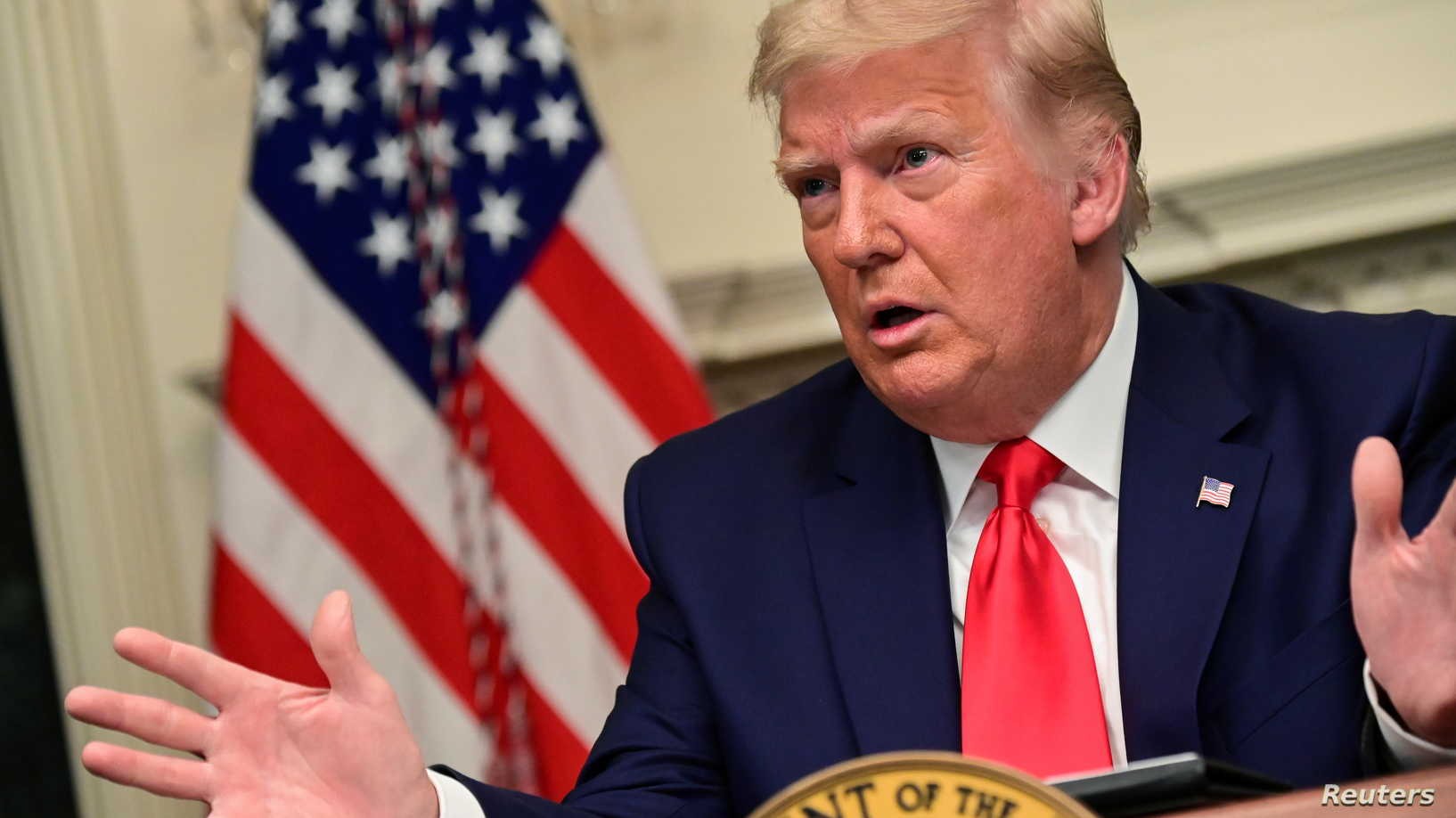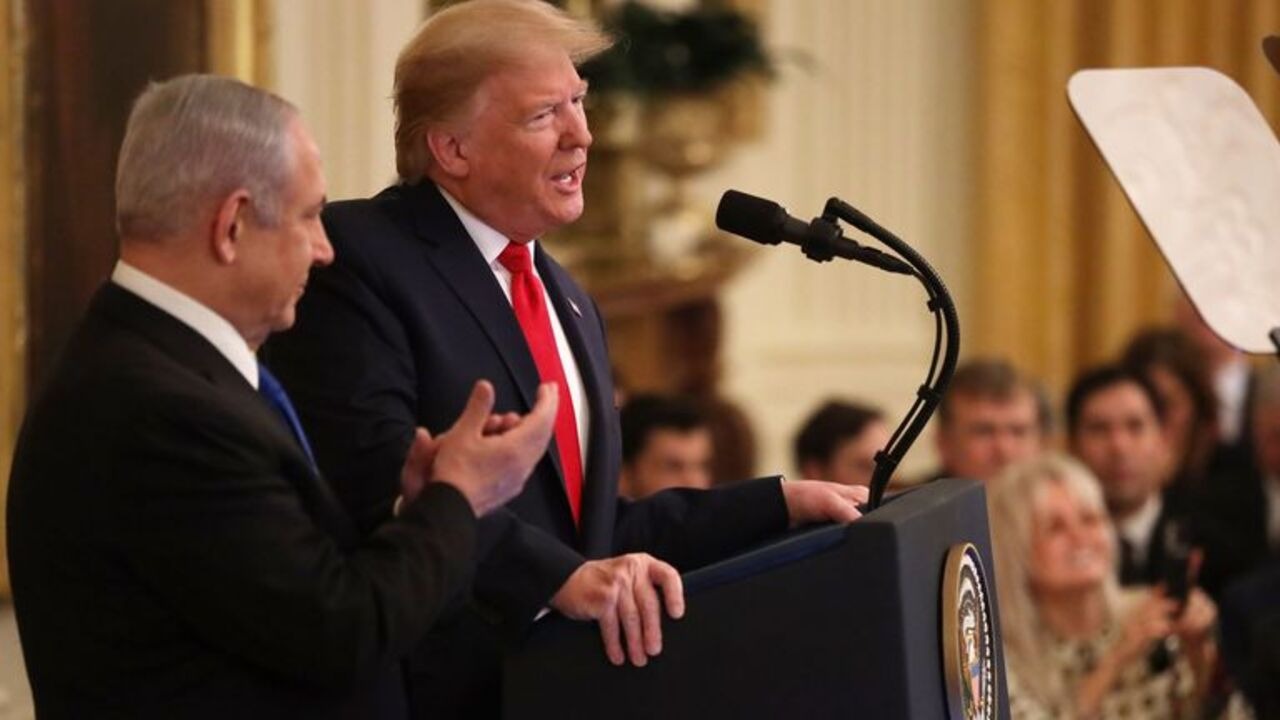Donald Trump has made explicit his support for Israel’s ongoing assault on Gaza, indicating his backing for the hardline stance of the Israeli government in Tel Aviv to pursue the conflict until achieving “total victory.” In an interview with Fox News, Trump affirmed his alignment with Israel’s approach, asserting the need to “finish the problem.”
His remarks, coming as he solidified his position as the frontrunner for the Republican presidential nomination on Super Tuesday, underscore a potential dilemma for voters opposed to U.S. support for Israel’s actions in the November election.
Trump’s statement coincided with signs of wavering support for President Joe Biden, who secured victories in most Democratic nominating contests on Super Tuesday.
However, a notable protest vote emerged in Minnesota and six other states, reflecting dissatisfaction with Biden’s unwavering support for Israel.

In Minnesota, nearly 20 percent of Democrats marked their ballots as “uncommitted” to signal their discontent with Washington’s continued backing of Israeli Prime Minister Benjamin Netanyahu’s government and its military offensive in Gaza.
Despite concerns and criticisms from some left-leaning and pro-Palestinian voters, the reality of facing a choice between Biden and Trump in November may limit their options.
Biden has consistently emphasized his strong support for Israel, even amid international condemnation of Israel’s military campaign in Gaza, which has resulted in a significant loss of Palestinian lives.
Vice President Kamala Harris’s recent call for a temporary ceasefire and her acknowledgment of the humanitarian crisis in Gaza may suggest a responsiveness within the administration to the concerns raised by “uncommitted” voters.
Observers note that such statements from Harris and Biden coincide with the timing of Super Tuesday, indicating a recognition of the significance of these sentiments among Democratic voters.
Asma Nizami, an organizer advocating for “vote uncommitted” in Minnesota, believes that Harris’s statement reflects an awareness within the administration of the sentiments expressed by voters, particularly during the Super Tuesday primaries.
This suggests a nuanced approach by the Biden administration to address the concerns surrounding U.S. support for Israel’s actions in Gaza while navigating the broader political landscape leading up to the November election.
